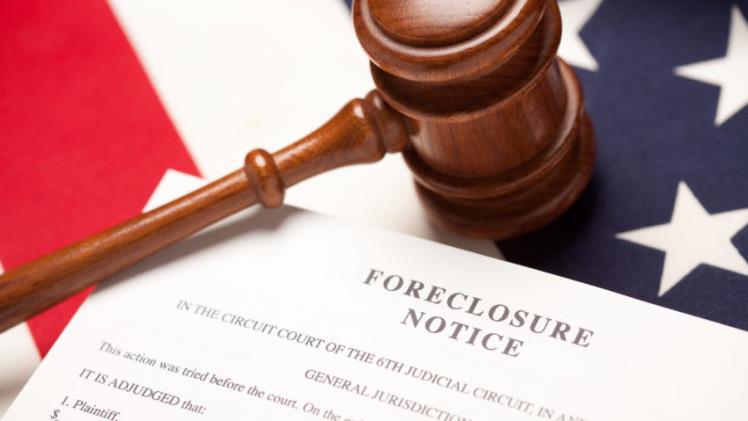Foreclosure law is the process of filing a lawsuit to claim ownership of a property that has been foreclosed on. In a foreclosure lawsuit, a person who has lost their home to foreclosure will file a lawsuit to reclaim the property and gain full ownership. The foreclosure process can be extremely complicated, and a person may be able to claim back ownership of a foreclosed property even if they have not been living there for a long time. However, it is important to note that not all states allow people to file a lawsuit to reclaim their foreclosed properties.
If you’re facing a foreclosure lawsuit, it’s important to know the Florida foreclosure laws. The process can be complicated and confusing, but it’s also necessary to understand how to protect your financial interests. Foreclosure is one of the most serious issues that can happen to a homeowner. It’s a big problem that can affect your credit score, finances, and home value. If you’re considering filing a lawsuit against the bank or the foreclosure attorneys, it’s important to know what you’re up against. Here are the top 3
Foreclosure Laws in Florida are much Stricter than in Any State in the US:
Florida was the first state in the U.S. to pass laws requiring lenders to send foreclosure notices to borrowers. As a result, the lender must go through several legal procedures to foreclose the mortgage loan.
You will need a Foreclosure Defense Lawyer in Florida to file a foreclosure lawsuit. In some states, attorneys must pass state and national exams before they can practice law, but in Florida, there is no need to pass the state bar exam or take a class in foreclosure law.
Lender is required to Pay off the Outstanding Mortgage Debt:
Even if the borrower does not have the money to repay the loan, the lender will not take the house from the borrower. It is entitled to the surplus funds (if any) remaining after paying off the outstanding debt. If a lender fails to send out foreclosure notices, the borrower has the option to cancel the mortgage loan. The lender may then continue to try to collect on the loan by taking legal action against the borrower. Your lender may be willing to work with you to find a solution that works for both parties. If your lender is not willing to work with you, your attorney may be able to help you find another lender who is willing to work with you.
Purchaser Receives the Home Free of the Mortgage Debt:
You will most likely be required to pay for a lawyer’s services out of pocket. The more complicated your foreclosure case is, the more likely you will be able to get a free initial consultation. You must pay the bank to stay current on your mortgage payments. If you don’t pay, the bank can foreclose, and you will lose your home. If you are having trouble making a mortgage payment, you should contact your lender and your attorney and ask for help.
Rules & Notices:
The first rule that you need to follow is about notice. You must notify all parties involved in the foreclosure process that they must be present in court. If they fail to comply with this rule, the court will issue a judgment against them. The second law to learn about foreclosures in Florida is about time limits. For the bank to foreclose on your house, they must file a legal notice with the court. You must appear in court if your lender notifies you about the foreclosure lawsuit. Failure to comply with the court’s orders can lead to penalties. These are the three laws to learn about foreclosure lawsuits in Florida. They are important because they help prevent the bank from filing a fraudulent foreclosure suit.
Conclusion:
In conclusion, foreclosure law is complex. It can be challenging for homeowners who have been foreclosed on or are being foreclosed on. However, there are ways to stop foreclosure and save your home. When a foreclosure process begins, there will be certain laws that need to be followed to stop foreclosure proceedings. These laws are known as foreclosure laws. The following three laws are among the most important ones. We have listed the top 3 laws to learn about foreclosure lawsuits.

